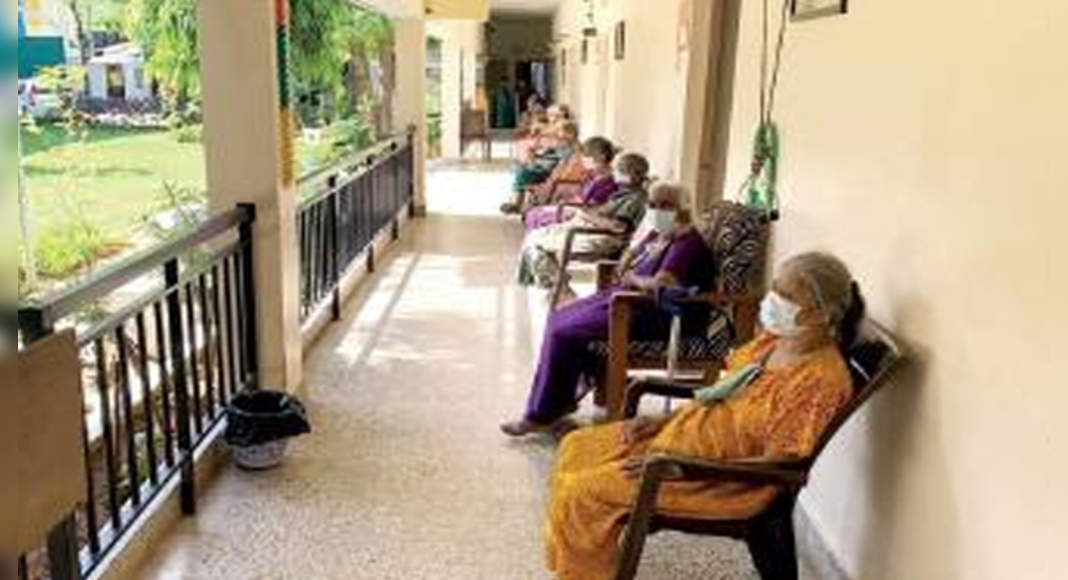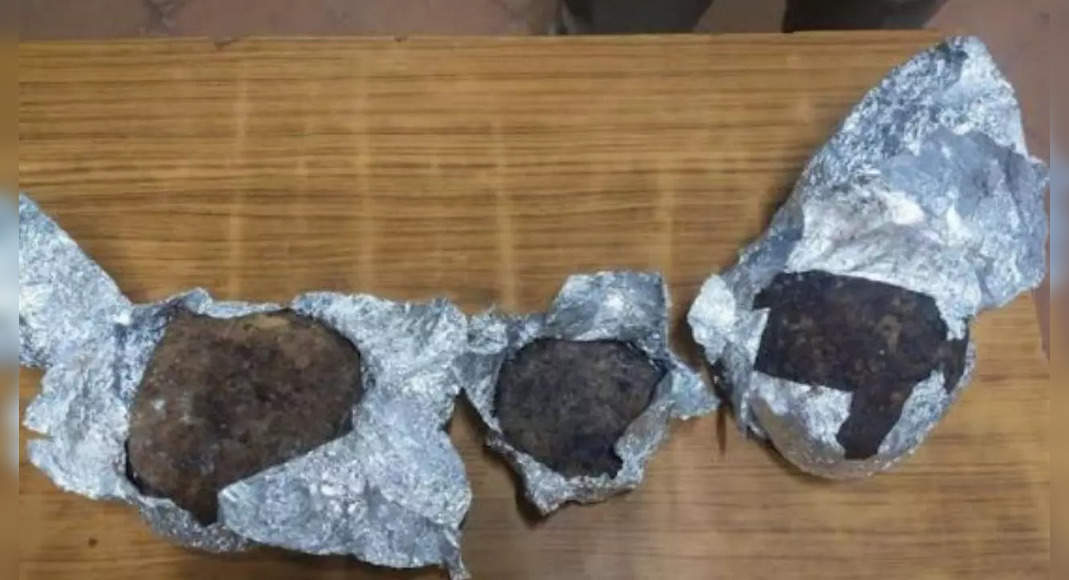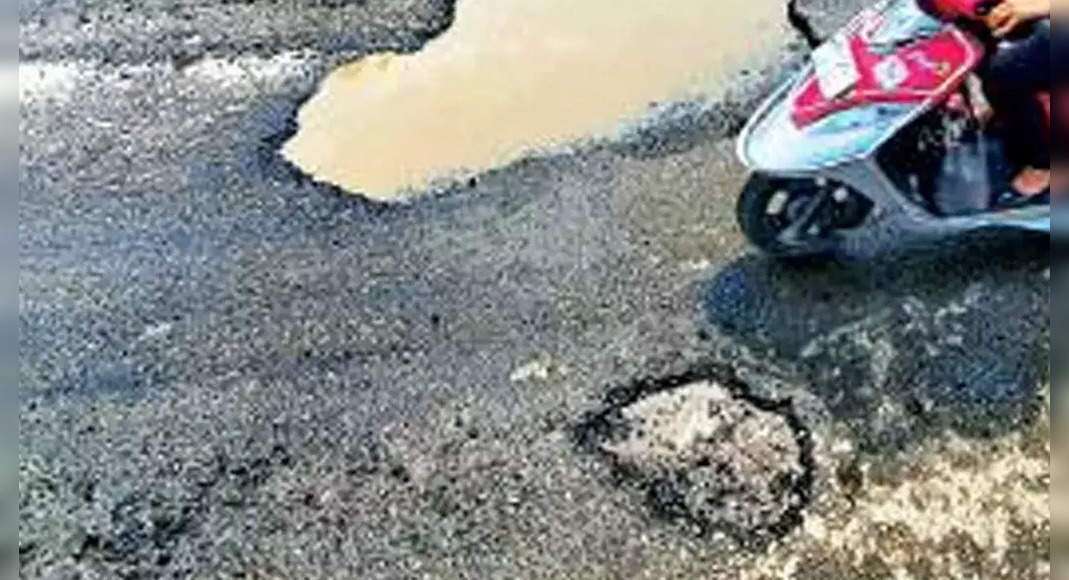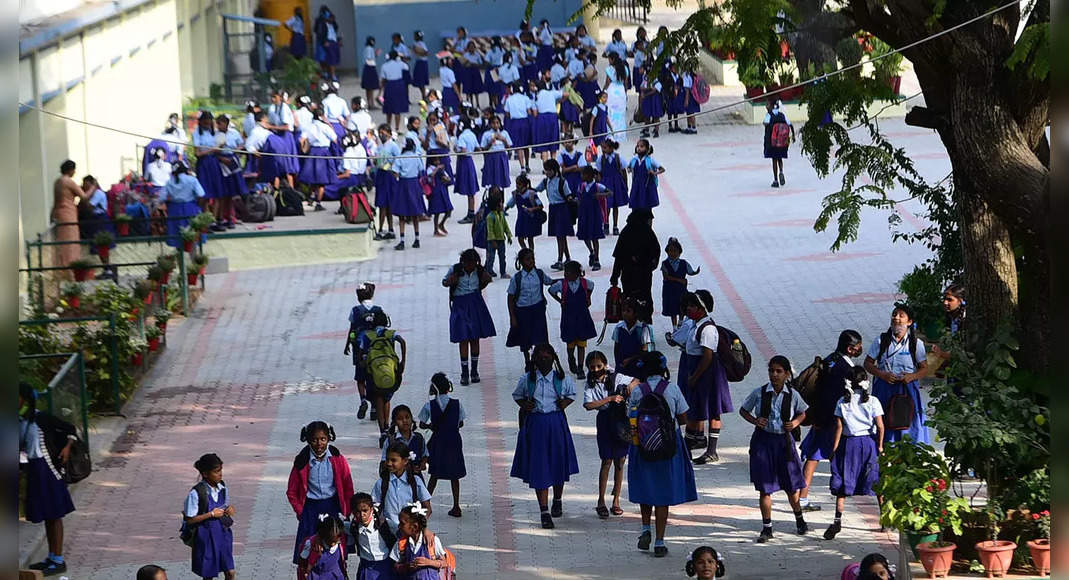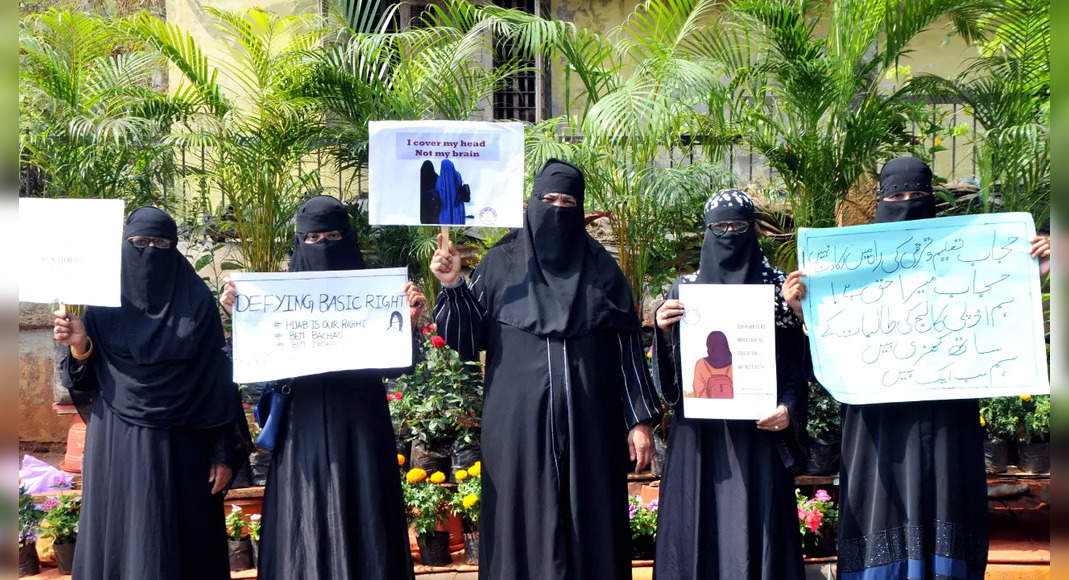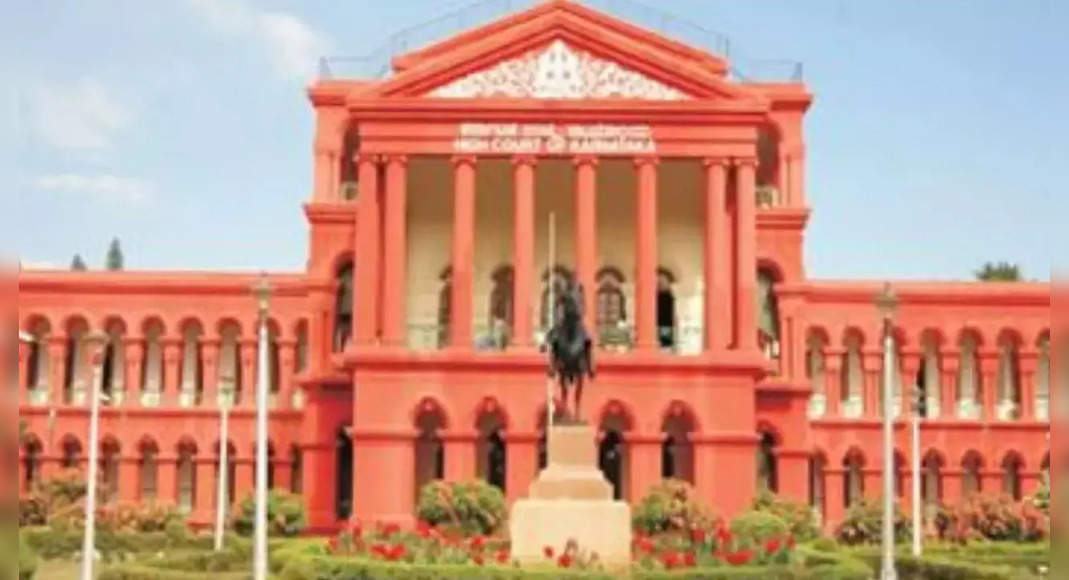BENGALURU: Although the central government had issued fresh guidelines which extended the Covid-19 vaccine coverage to people who do not have ID cards, elders abandoned by families, besides destitutes and dementia patients, continue to be deprived of the shot due to lack of an Aadhaar card.
Representatives of old age and destitute homes have been knocking on the doors of state health officials and the Bruhat Bengaluru Mahanagara Palike (BBMP) in vain, seeking help to get these seniors, who are extremely vulnerable to the infection, jabbed.
The Union ministry of health and family welfare had recently issued standard operating procedures to inoculate nomads (including sadhus/saints of various religions), prison inmates, inmates in mental health institutions, citizens in old age homes, roadside beggars, people in rehabilitation centres/camps and other eligible people.
The ministry had directed state governments to form district-level task forces to identify such people in every district who don’t have any of the prescribed photo ID cards and inoculate them.
The situation on the ground though has not changed.
For example, Sandhya Suraksha, a facility for helpless elderly women in Anepalya, Shanti Nagar, Bengaluru, is home to 66 people.
A huge majority of them were rescued from the streets by police and NGO volunteers.
Most suffer dementia and other health problems and only a handful are healthy.
“We managed to get only 26 residents vaccinated last month.
The remaining 40 women were denied the jab as they didn’t have an Aadhaar card to prove their identity,” lamented CF Prasad, manager of the facility.
Prasad revealed that some of these elders, especially the ones who suffer from severe dementia, don’t recall anything including their names, let alone their Aadhaar details.
The elderly women at the home are at risk of contracting the virus and, given their comorbidities, they are a real concern for caretakers who are desperate to get them vaccinated.
However, the Aadhaar hurdle has remained insurmountable.
Radha S Murthy, managing trustee of Nightingales Medical Trust that runs the home, said a similar crisis persists in most old-age homes in Bengaluru.
“Government officials are insisting on Aadhaar and sometimes some other identification documents to vaccinate the inmates,” Murthy said.
“But in many cases, people who are rescued from the streets don’t possess any kind of identification papers.
Even the police who bring some of them to us have no clue.
Representatives of many centres have made an appeal to authorities for a solution as ailing residents are extremely vulnerable to the virus.
We are yet to hear from them,” Murthy added.
Sampath TD, who represents a consortium of relief organisations in Bengaluru working for the urban homeless, said that they appealed to the BBMP to introduce an ID card on the lines of street vendors and rag-pickers.
“The homes can be inspected, and identity papers can be issued to inmates, especially the elderly.
This will help them get the vaccine.
We are still trying to convince officials and are hopeful they will consider our requests soon as Covid cases in the city continue to remain high,” Sampath said.
When contacted, BBMP officials said officers in-charge of vaccination centres have been directed to administer vaccines after recording details generated through the CoWin or Aarogya Setu portals recorded by the user or a copy of the Aadhaar card of the recipient.
At present, vaccination without any government identification is not encouraged, they said.

